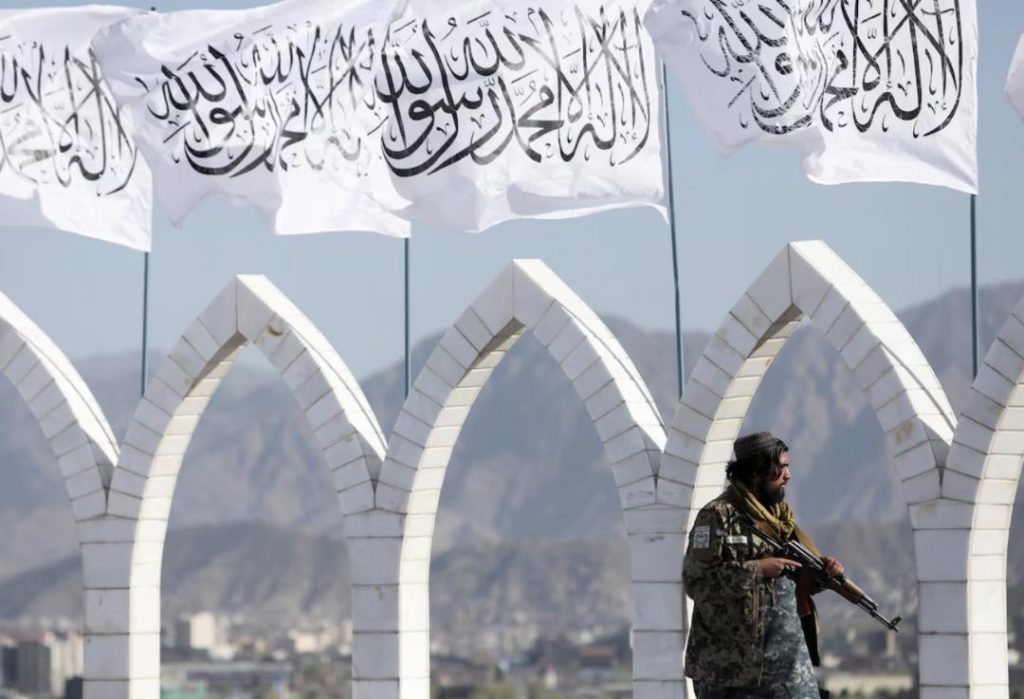
Democracy Dead in Afghanistan till Sharia Laws in Effect: Taliban
The Taliban has made it clear that democracy has no place in Afghanistan as long as Sharia laws are in effect. The group’s leader, Hibatullah Akhundzada, emphasized that the country no longer requires Western laws and that those who supported democracy were trying to create a divide between the people of Afghanistan and the Taliban government.
Akhundzada made these remarks in a sermon ahead of Eid Al-Fitr, which marks the end of the holy month of Ramadan. The Taliban’s supreme leader stated that there was no need for Western norms or values in Afghanistan, and that the country should instead follow Islamic principles.
The Taliban’s stance on democracy has been a topic of concern for many in the international community. The group has been known for its strict interpretation of Islamic law, which has led to human rights abuses and restrictions on the rights of women and minorities.
In the past, the Taliban has banned women from working, forced them to wear the burqa, and prohibited them from leaving their homes without a male relative. The group has also been accused of committing atrocities against civilians, including the massacre of thousands of Hazara and Pashtun people.
The Taliban’s rejection of democracy and its insistence on Sharia laws has raised questions about the future of human rights in Afghanistan. The country has made significant progress in recent years, with the election of a democratic government and the passage of laws aimed at protecting the rights of women and minorities.
However, the Taliban’s return to power has raised concerns that these gains may be lost. The group has already begun to impose its own brand of Islamic law, which has led to a crackdown on human rights and the suppression of dissent.
In his sermon, Akhundzada also criticized those who had supported democracy in Afghanistan, saying that they were trying to create a divide between the people of Afghanistan and the Taliban government. He claimed that these individuals were working against the interests of the Afghan people and were trying to impose their own values and norms on the country.
The Taliban’s rejection of democracy and its insistence on Sharia laws has been met with criticism from around the world. The United Nations has called on the Taliban to respect human rights and to protect the rights of women and minorities.
The international community has also urged the Taliban to engage in dialogue with other stakeholders in Afghanistan, including women’s rights activists and civil society organizations. However, the Taliban has shown little willingness to engage in such dialogue, and has instead focused on imposing its own brand of Islamic law.
In conclusion, the Taliban’s rejection of democracy and its insistence on Sharia laws is a major concern for human rights in Afghanistan. The group’s strict interpretation of Islamic law has led to human rights abuses and restrictions on the rights of women and minorities. The international community must continue to urge the Taliban to respect human rights and to protect the rights of all individuals in Afghanistan, regardless of their gender, ethnicity, or religion.
Source:
https://www.tribuneindia.com/news/world/no-need-for-western-norms-in-afghanistan-say-taliban/amp






